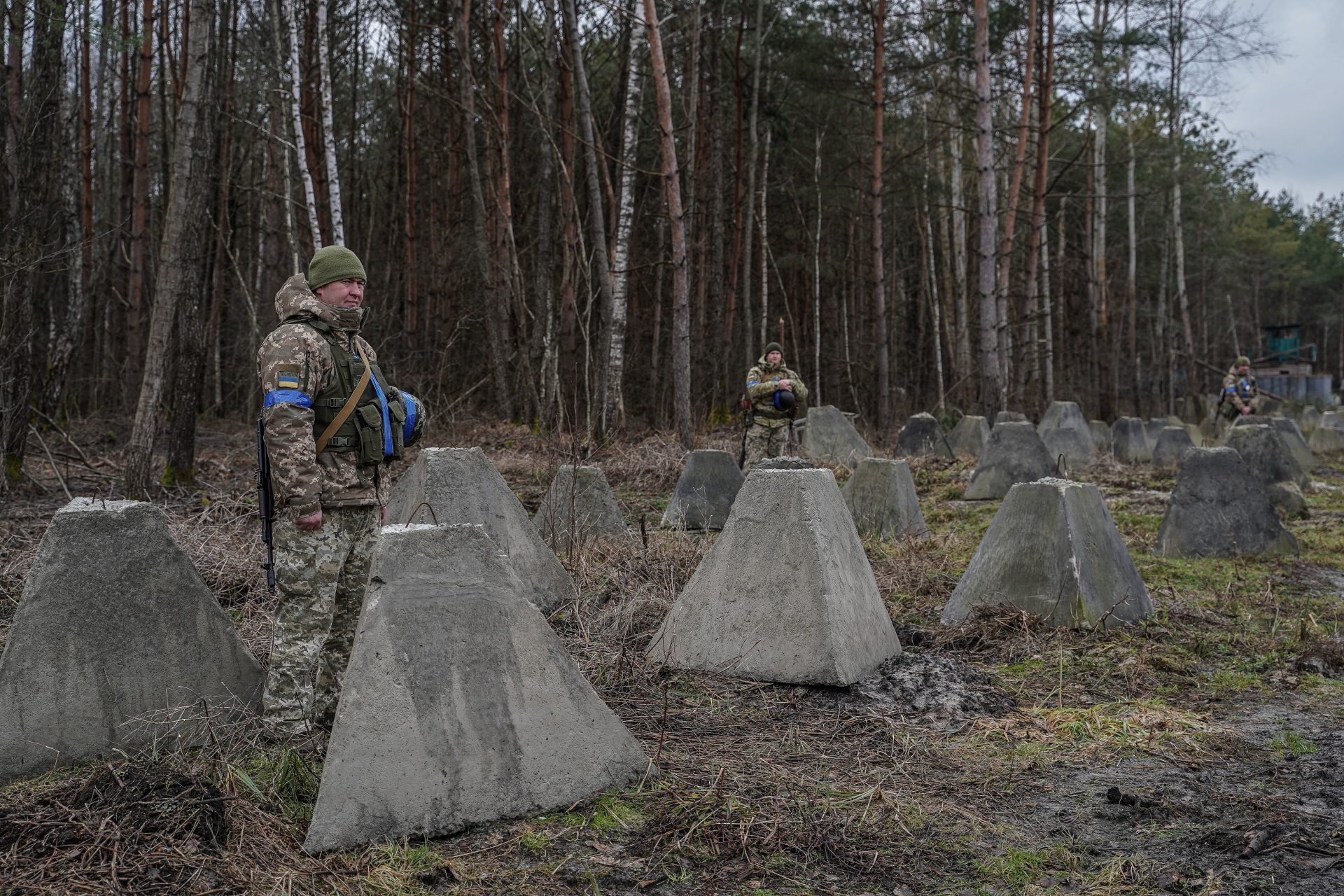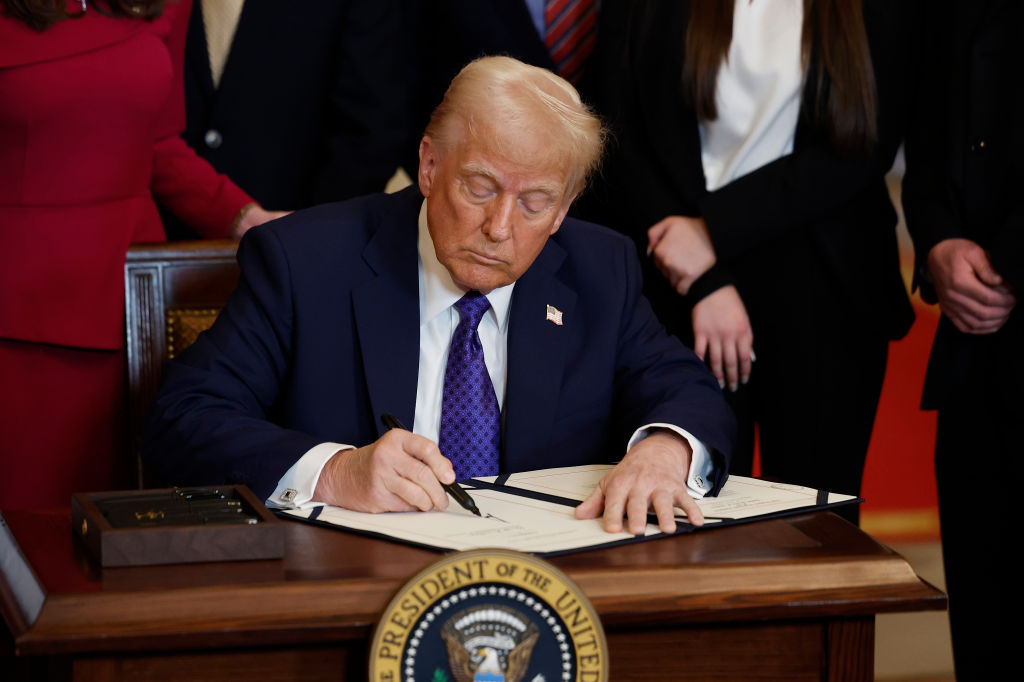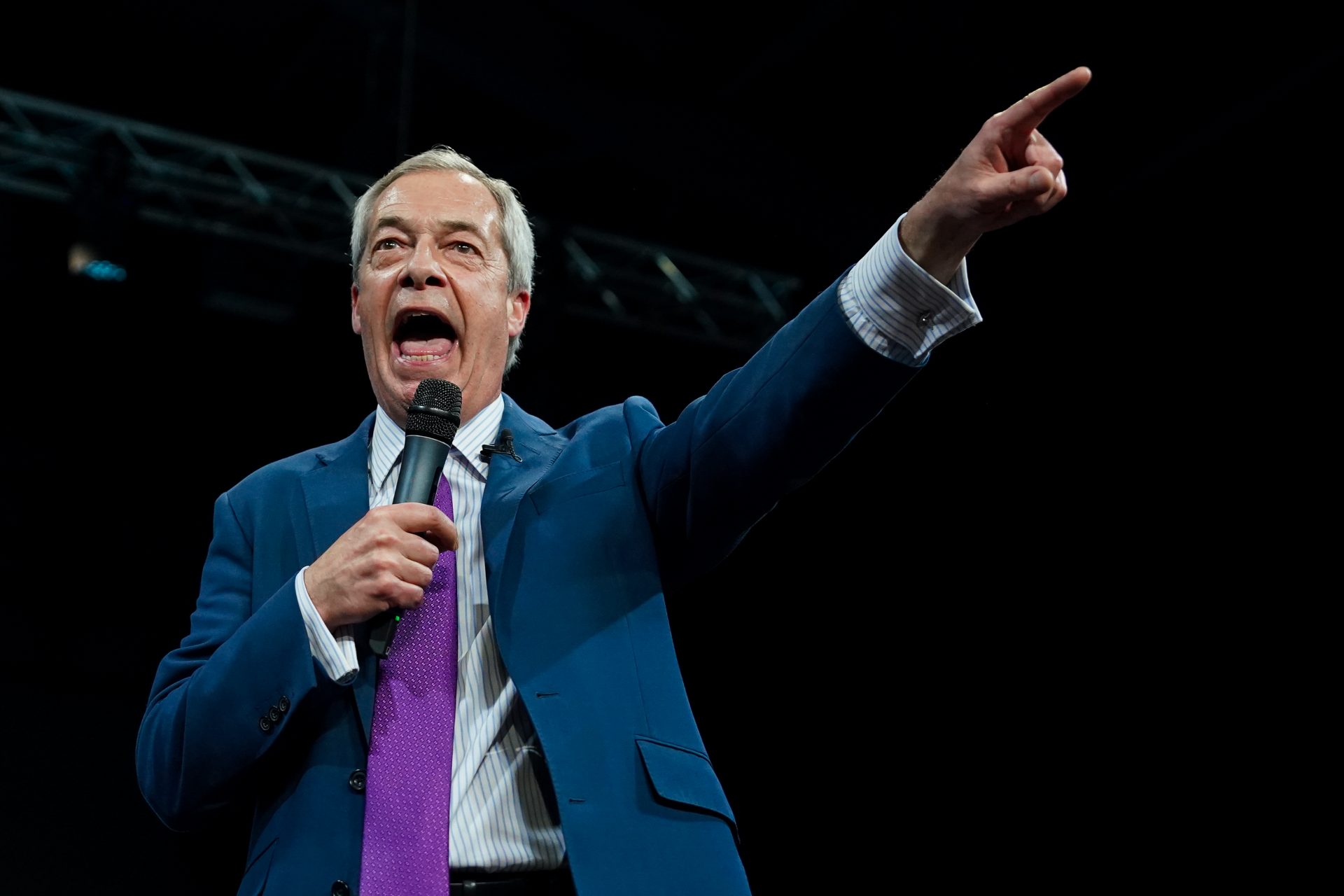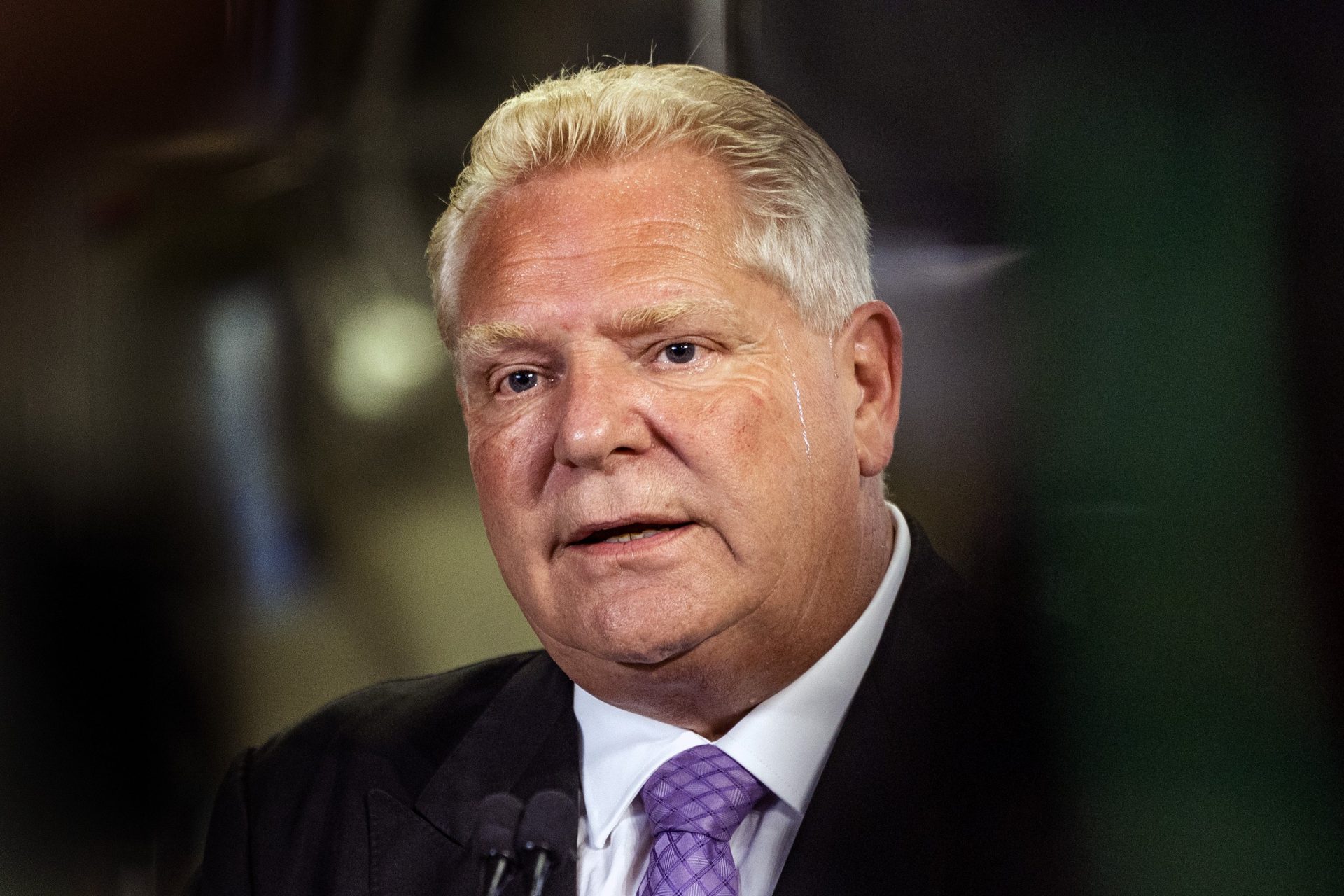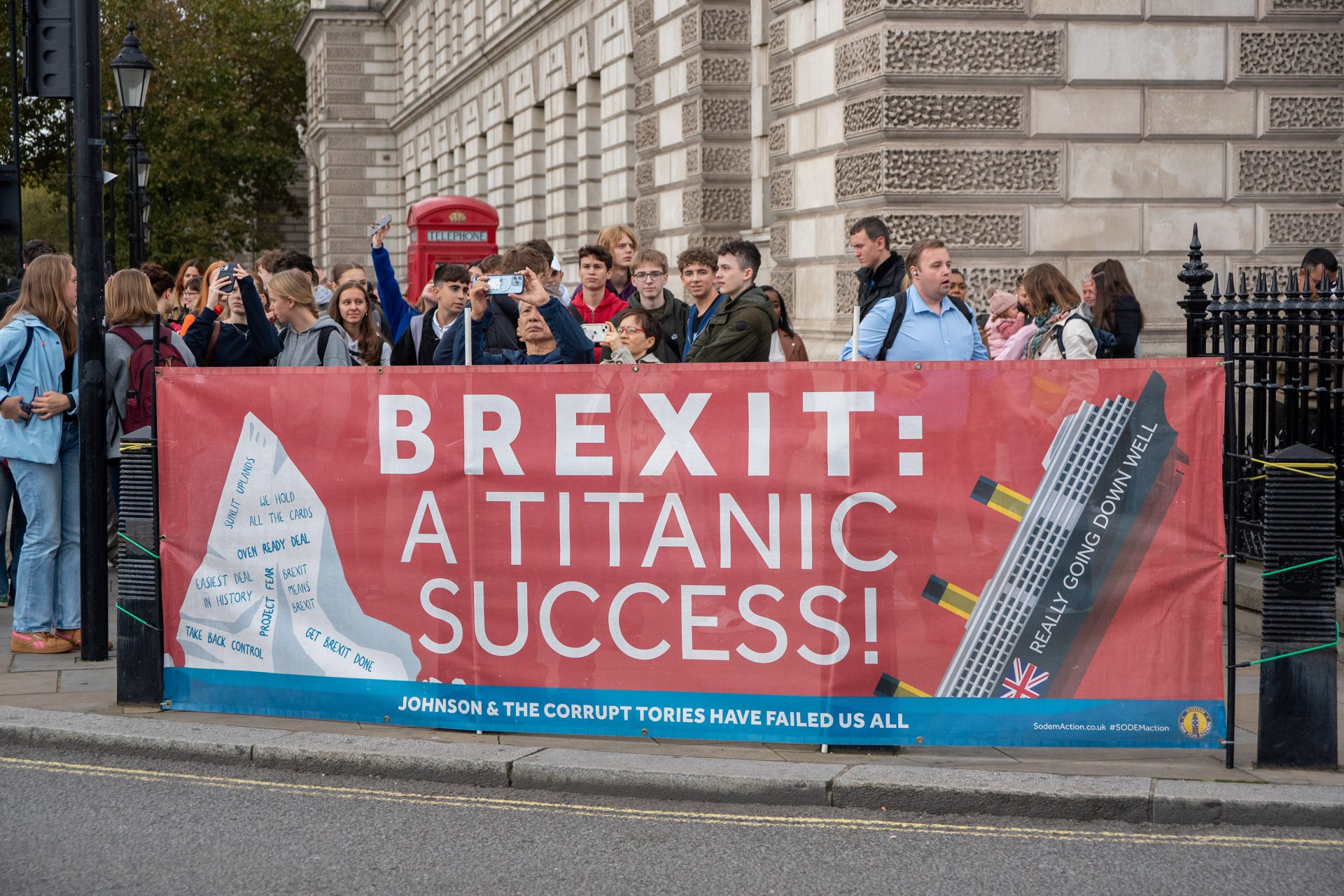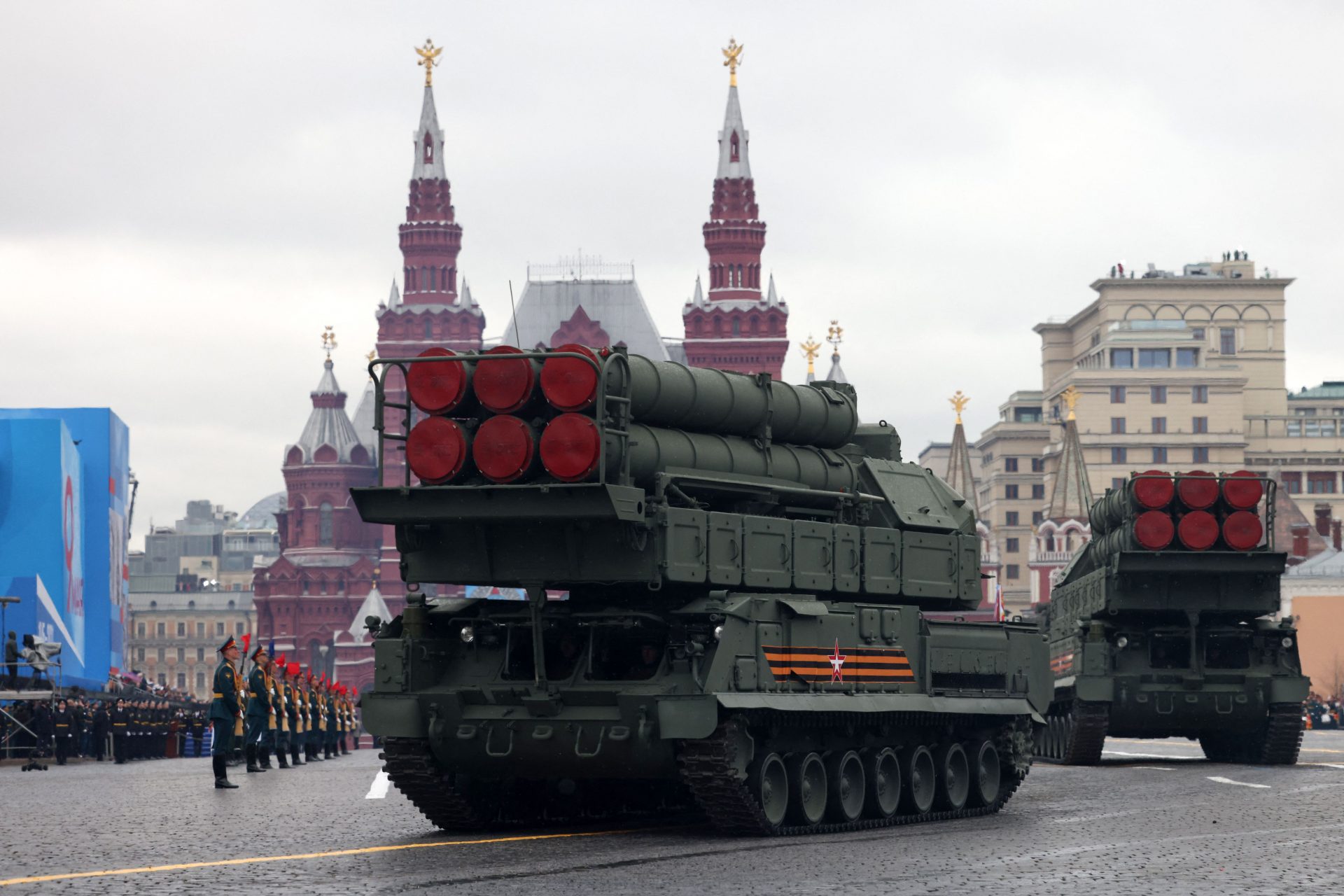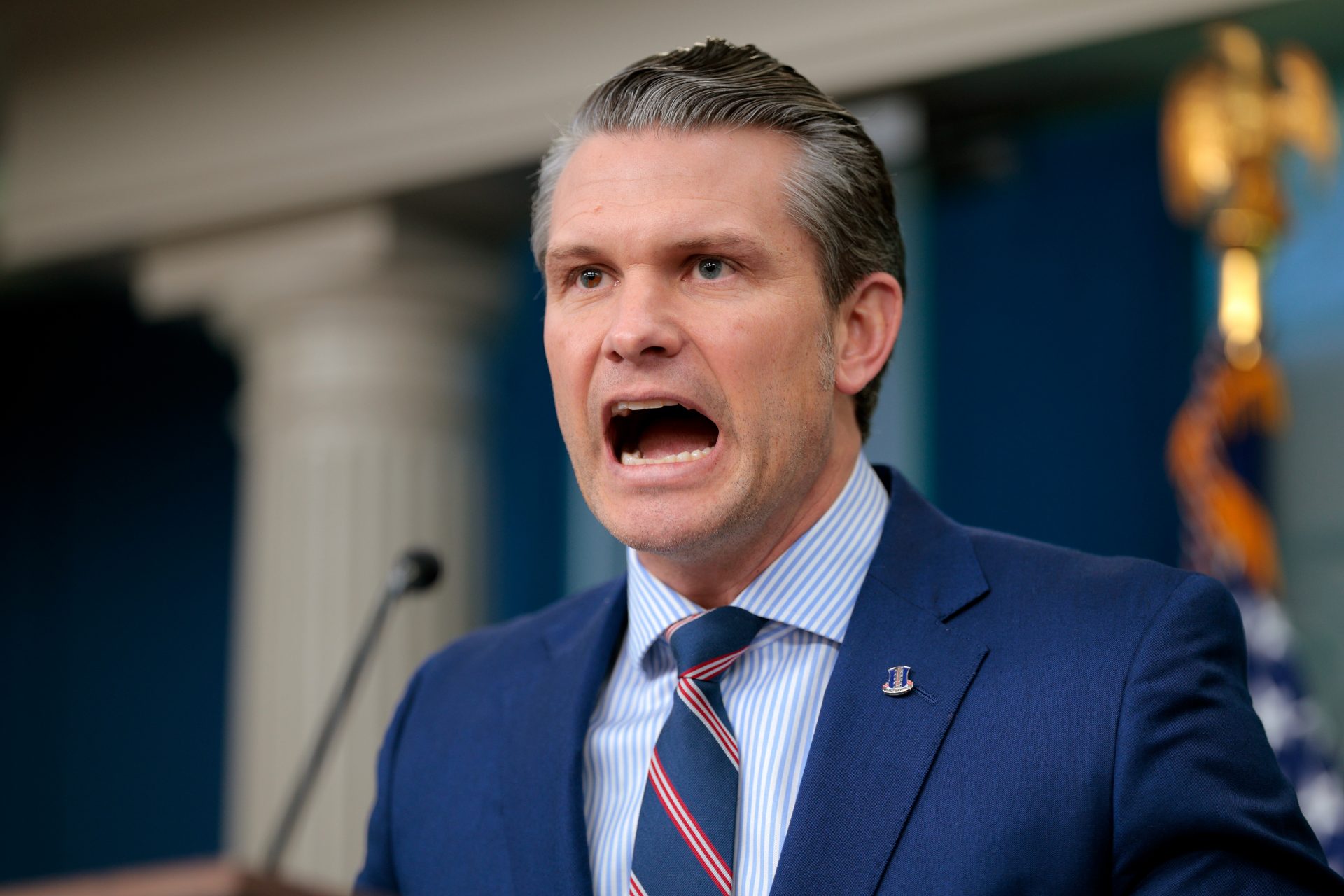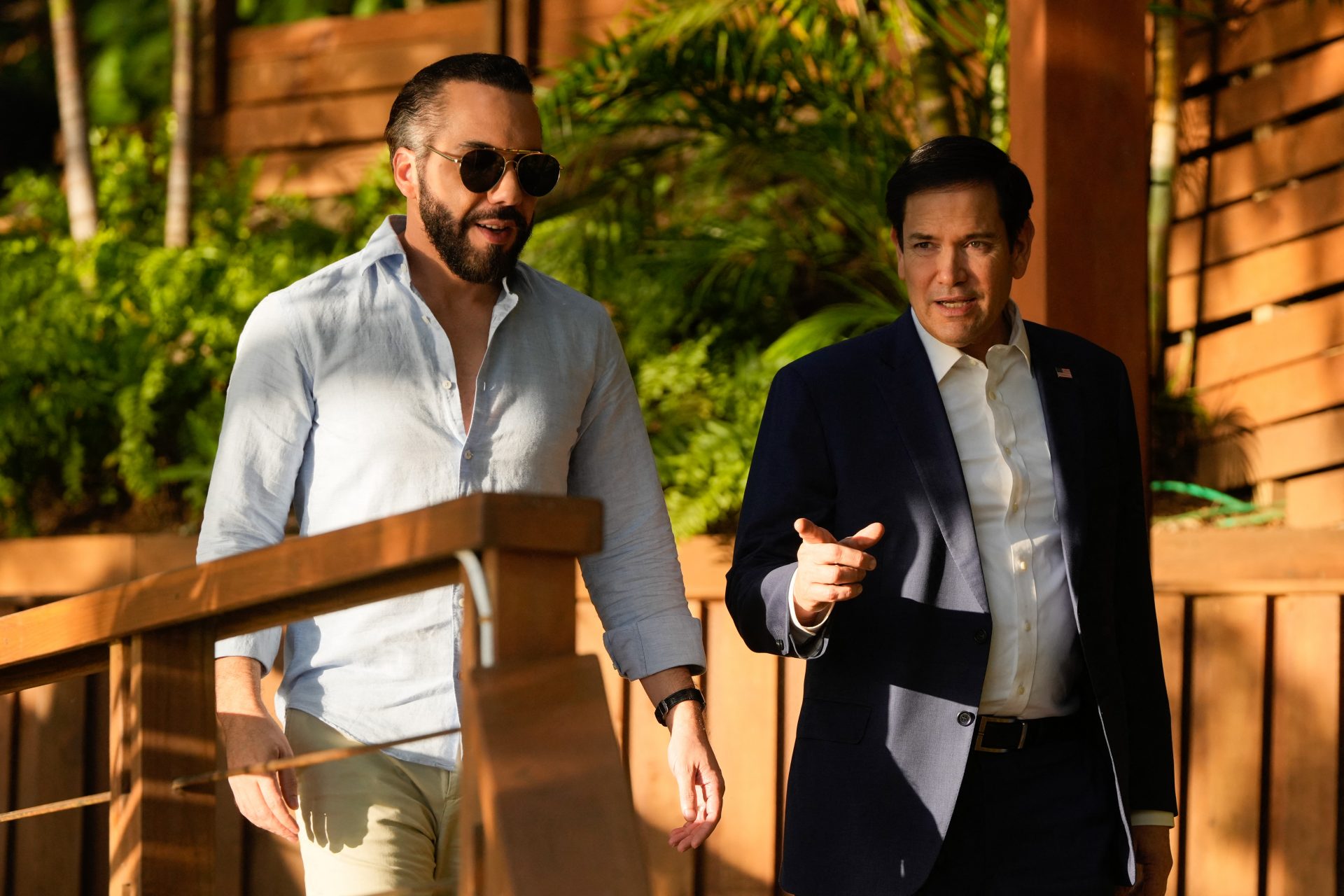Playing the long game: how Russia may hope to win the war in Ukraine
When Vladimir Putin ordered the invasion of Ukraine he did so thinking that Russia would achieve a quick victory at little cost. But that’s not how the early days of the war played out. Ukrainians resisted and Russian forces were soon preparing for a real fight.
The original goal of the invasion was the denazification and demilitarization of Ukraine according to Putin, who explained his rationale in a speech on the night he ordered his military forces across the border into Ukraine to defend Russia and its people.
“The purpose of this operation is to protect people who, for eight years now, have been facing humiliation and genocide perpetrated by the Kyiv regime,” Putin stated.
“To this end, we will seek to demilitarise and denazify Ukraine, as well as bring to trial those who perpetrated numerous bloody crimes against civilians, including against citizens of the Russian Federation,” Putin added in his address.
Putin’s justification for war didn’t make any sense at the time, though it did help Western observers understand what he was hoping to gain from the conflict, and in that understanding, allowed onlookers to decipher what Russia could define as a victory in Ukraine.
“The Russian regime’s narrative surrounding victory in Ukraine is flexible, opportunistic, and subjective, focusing primarily on the perception of the Russian people that the achieved victory justifies the costs of the war,” wrote West Point’s Marnix Provoost.
For Provoost, Russia’s war was first and foremost a political activity that did not need to adhere to the tactical, operational, and strategic challenges of a traditional war.
This idea is best exemplified by the changing nature of Russia’s stated war aims. After Russian forces retreated from Northern Ukraine the focus of the war switched from denazification and demilitarization towards establishing control of the Donbas region.
“Having abandoned his campaign to capture the capital Kyiv and second city Kharkiv, Vladimir Putin is now looking for military victory in the largely Russian-speaking east, where he falsely accuses Ukraine of committing genocide,” wrote the BBC’s Paul Kirby in a May 2022 article.
Putin’s strategy in Donbas ultimately failed as well according to Politico’s Wilhelmine Preussen, which lead to a second shift in Russia’s stated war aims when Sergey Lavrov explained that Moscow now wanted to take Southern Ukraine in addition to the Donbas in July 2022.
"We cannot allow the part of Ukraine controlled by Zelensky... to possess weapons that would pose a direct threat to our territory," Lavroz explained in an interview with Russia Today's Margarita Simonyan according to BBC News.
Russia's new war goal could be explained by Marnix Provoost’s theory that Russia’s war is a political one, and as such, it is one driven by political necessities rather than battlefield realities. In order to justify the war to its populace, Moscow needed to expand its ambitions and take more territory.
Attaining this goal has also proven impossible as well, in no small part because Ukrainian forces refuse to give up the fight for their territory—a situation that has left many onlookers to question: How does Russia hope to win the war in Ukraine?
Provoost wrote that war only stops when both parties are willing to cease hostilities, and that’s something Volodymyr Zelensky's administration has signaled it is not willing to do until all Russian forces have left Ukrainian territory, a demand which includes Crimea.
"We chose this path. We want security guarantees. Any territorial compromises would make us weaker as a state,” Zelensky explained in a February BCC News interview.
Victory for Russia would necessitate the collapse of Ukraine’s willingness to resist, a situation that could only happen if Russia achieved a massive strategic breakthrough or if it prepared for a much longer conflict that favored Putin’s undeniable advantages in manpower and supply.
“Putin started the war betting on a short and decisive campaign.” wrote the Director of the Carnegie Endowment for International Peace Eugene Rumer in an article explaining how Russia was shifting its war plans in order to set the conditions for ultimate victory.
“A year later, he is betting on the opposite—to wage a long war against Ukraine, exploiting the advantages that Russia’s size, resilient economy, and relative security from retaliation afford him,” Rumer added.
With victory on the battlefield proving elusive, Runner believes Putin is shifting towards a more sustainable form of war that will outlast his Ukranian enemy. “From Putin’s perspective, this is likely to be a viable strategy for the next phase of the war.”
More for you
Top Stories






















